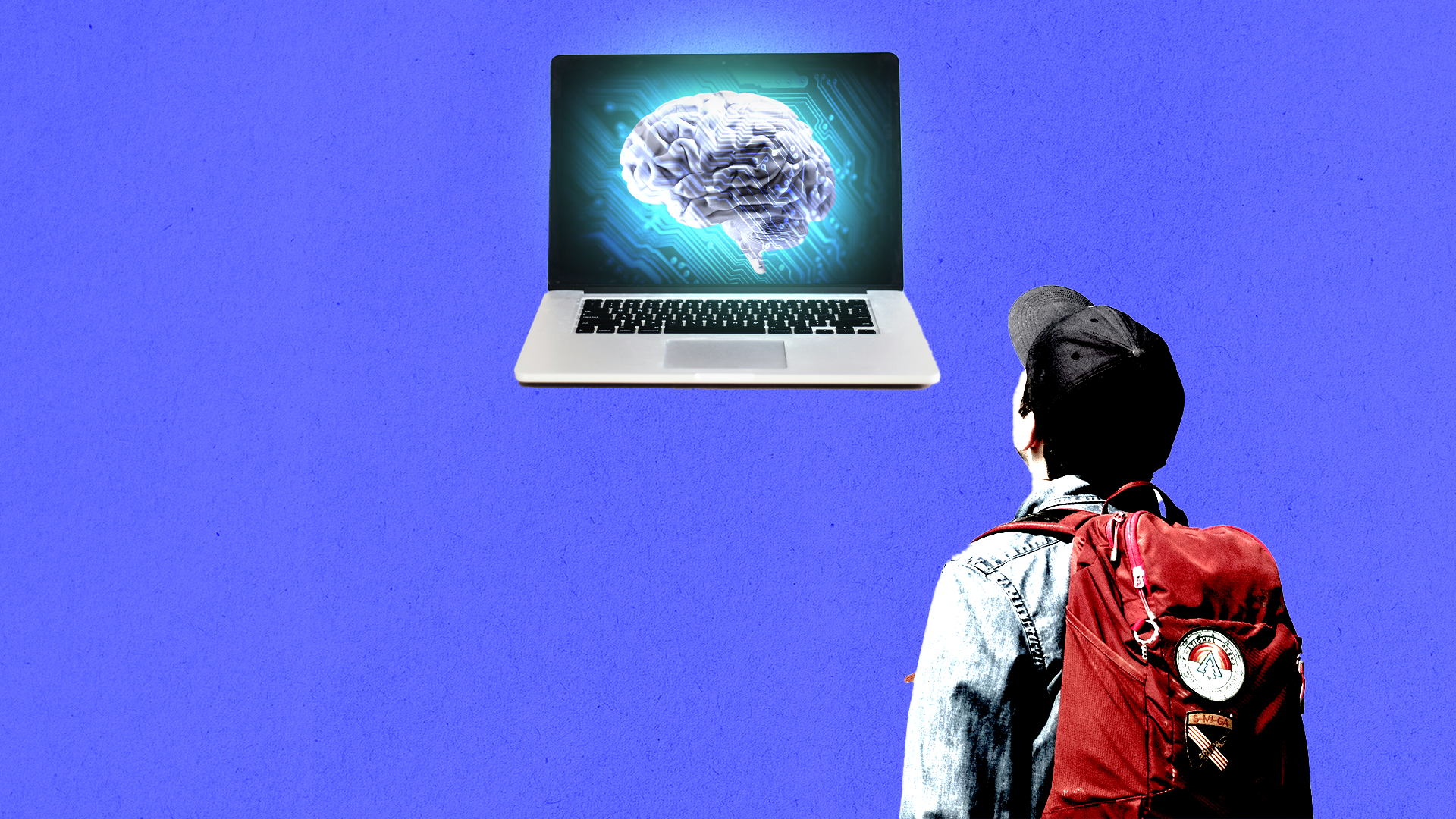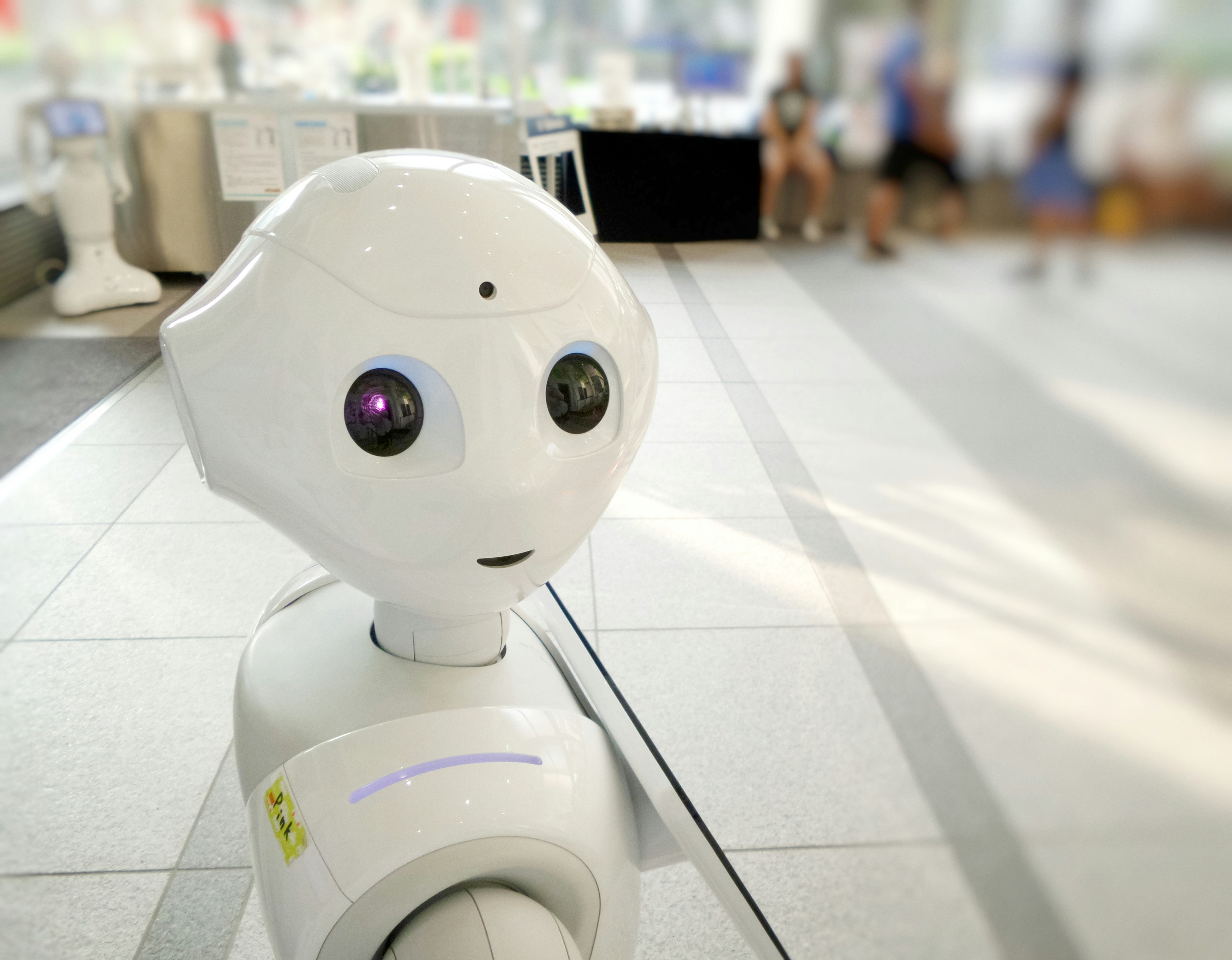AI offers significant potential benefits yet has not been accepted completely by educators. This needs to change.
 Generative AI tools such as ChatGPT can be used for generating lesson plans and designing interactive learning modules, helping educators save time and energy. : Kenny Eliason Unsplash
Generative AI tools such as ChatGPT can be used for generating lesson plans and designing interactive learning modules, helping educators save time and energy. : Kenny Eliason Unsplash
AI offers significant potential benefits yet has not been accepted completely by educators. This needs to change.
The arrival of generative artificial Intelligence on the education landscape has been embraced and created alarm in equal measure.
Its rapid evolution has led to AI being increasingly perceived as a threat to traditional jobs.
In 2017, a McKinsey Global Institute study projected that by 2030 at least 14 percent of employees globally may need to change their careers due to advancements in digitisation, robotics and AI.
Similarly, the World Economic Forum estimated in 2020 that AI will replace approximately 85 million jobs by 2025.
However, the consensus among experts and The Future of Jobs Report 2023 is that educators will not be rendered obsolete by the technology.
On the contrary, the report suggests that large-scale growth is expected in the education sector.
Jobs are expected to increase by about 10 percent, leading to three million additional jobs globally for vocational education and university teachers.
But that doesn’t mean the profession will be left unchallenged by AI.
How AI is reshaping education
Since generative AI first broke into the public’s consciousness a few years ago, it has continued to reshape the educational landscape.
A 2024 survey indicated nearly 45 percent of educators think AI will impact their role.
Nearly 32 percent of respondents said they were excited about the use of AI. However, 25 percent said they were worried about it.
Some educators have misgivings about AI’s impact on students’ learning outcomes as they feel that it does not provide reliable information and is unable to process specific features such as graphics or image-text combinations.
Others feel it may not be that relevant to their profession due to infrastructure constraints such as lack of technical knowledge and technical infrastructure in schools and their own lack of interest in the area and thus avoid it in the process.
But closing one’s eyes to the advent of AI in education will not make it any less of a reality.
It is essential that instead of resisting this change, educators acclimatise to it and use it to its full potential to enhance teaching and enrich student learning experiences.
Generative AI can be a powerful ally in the teaching-learning journey.
For example, it can be used as a tool to help create content, with planning, teaching, assessment or in providing student feedback.
AI can assist educators in creating high-quality educational materials.
Studies show that generative AI tools such as ChatGPT can be used for generating lesson plans and designing interactive learning modules, helping educators save time and energy.
Generative AI can support and significantly streamline the planning process by generating not only outlines but also detailed lesson plans which align with curriculum frameworks and standards.
One of the downsides of this approach is potential inaccuracies in the output from these tools, but this can be addressed by the educators critically evaluating what’s produced. They can thus create and refine lesson plans in a fraction of time it would normally take them making one from scratch.
Educational challenges meet AI
Addressing how different students best learn in the classroom through multiple approaches that modify instruction and curriculum to match their individual needs is a challenge most educators face.
This can be overcome with the support of AI, which can provide innovative resources tailored to meet different learning levels and individual students’ strengths and weaknesses.
Creating effective assessments is another challenge faced by educators.
AI can aid educators by automating formative assessments — a wide variety of methods teachers use to conduct in-process evaluations of student comprehension, learning needs and academic progress during a lesson, unit or course — that provide immediate feedback to students.
This will not only reduce teachers’ workload but also allow students to receive timely insights.
AI can also facilitate more consistent and effective feedback mechanisms. AI-driven assessment tools can also offer more detailed analytics of student assessment data, helping educators identify trends and gaps in student understanding.
This data-driven approach allows educators to customise their lessons and adapt their teaching strategies, ensuring a more personalised learning experience by creating individualised lesson plans and teaching resources.
This analysis can inform targeted interventions and adjustments to teaching-learning strategies, enhancing overall student learning.
Routine administrative tasks, such as marking attendance and other operational tasks such as updating the learning management system and organising teaching-learning resources, can be automated with the help of AI enabling educators to focus more on their primary goal: teaching and fostering student growth.
AI offers significant potential benefits yet has not been accepted completely by educators. One reason is the demands of teaching often leave little time for educators to explore new technologies, including AI.
Limited technical capacity has been one of the most observed challenges to further incorporating AI in education. The demands of the profession can make it challenging for educators to invest time in learning how to integrate AI into their classrooms.
However, investing time and resources in learning AI can result in career growth and higher job satisfaction and can be a conscious effort on part of the educators and institutions.
This requires a systemic approach to upskilling educators and improving infrastructure within schools and for education policies to address these changes.
Changing mindsets
Humans are often reluctant to change. This was visible in a 2024 survey which found that 25 percent of respondents in education said that they would prefer to change jobs or careers rather than learn how to use AI.
Thus, school management should work on not only skill-building but also on creating a learning mindset.
Professional development is only one thread in a much larger tapestry.
AI will be accepted when its myriad aspects have been addressed, including the creation of AI policy in education, better integration of AI in the curriculum, parent interaction and buy-in and adequate IT support.
This will ensure that AI is used to its maximum potential but regulatory checks and balances will ensure it is used safely and ethically.
Educators can benefit enormously from adapting to the changes that have been ushered in with generative AI.
The future of education and work lie in the ability of educators and students to adapt and thrive in the world of ever-evolving generative AI.
Rashima Vaid Varma is Director at the School of Education and Humanities and Centre of Advanced Learning at Manav Rachna University and has a passion for all that makes for good teaching and learning. She is especially excited by the changes in the educational landscape and believes AI has a positive role to play in supporting the teaching-learning process.
Originally published under Creative Commons by 360info™.











